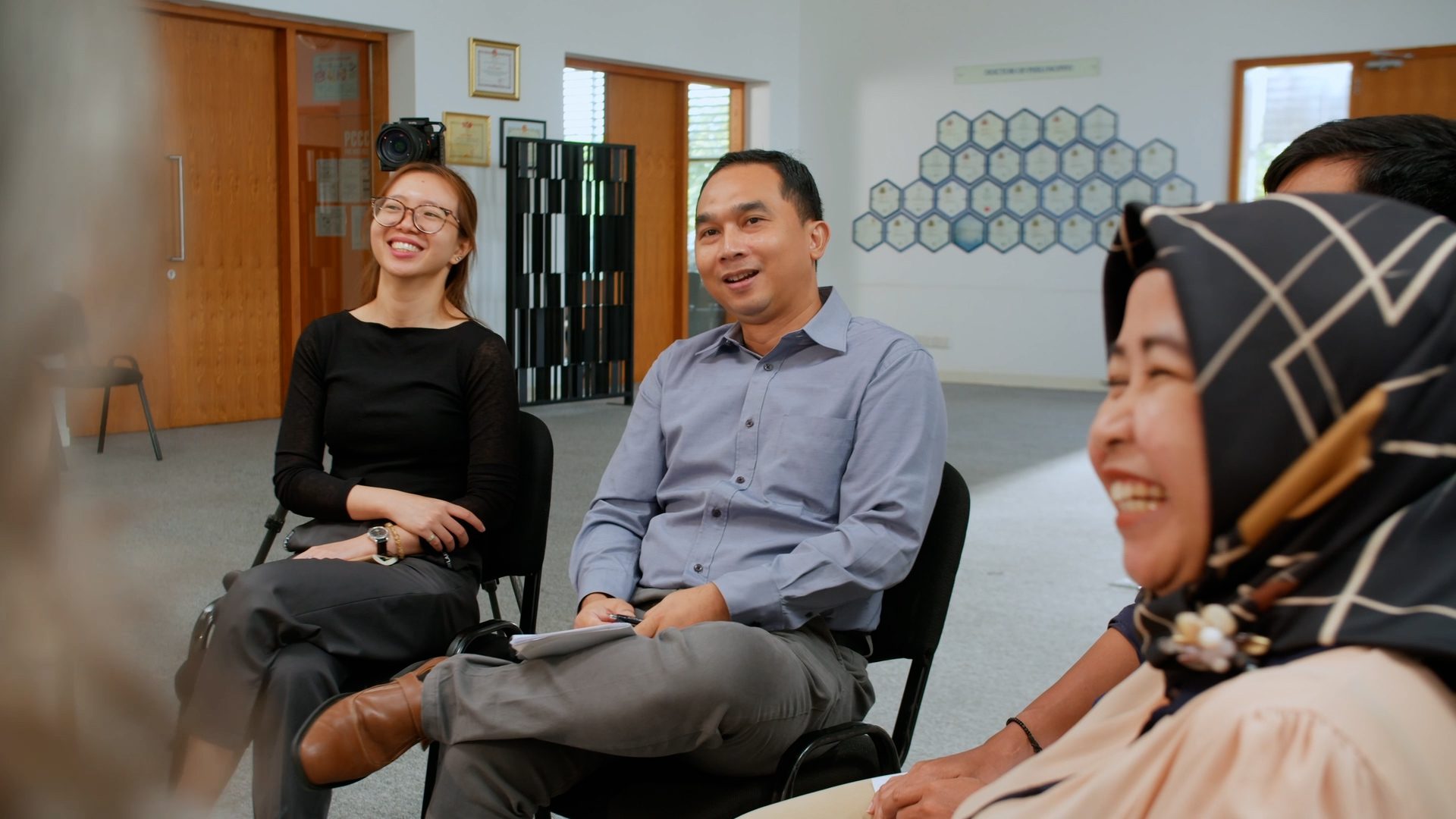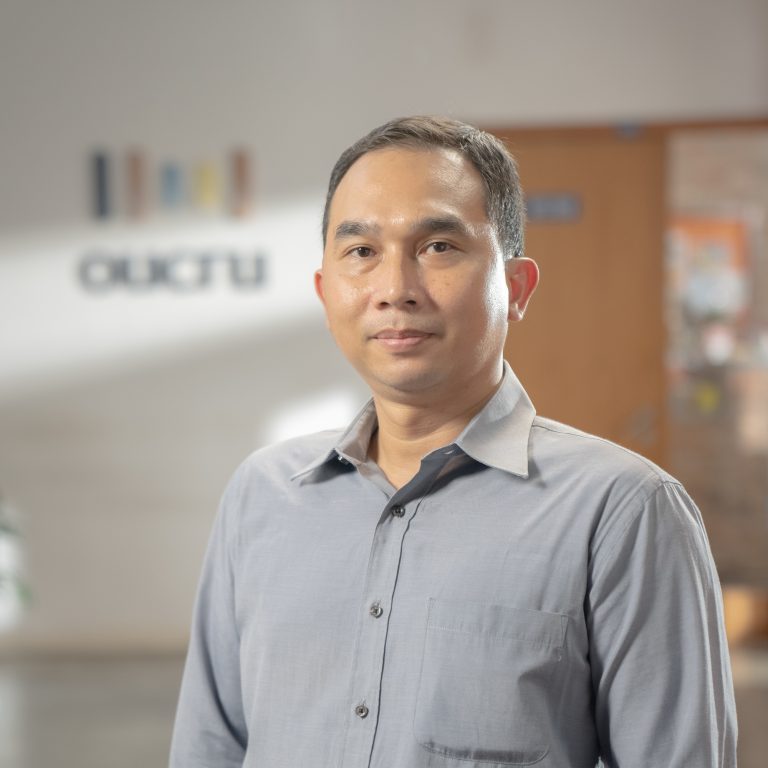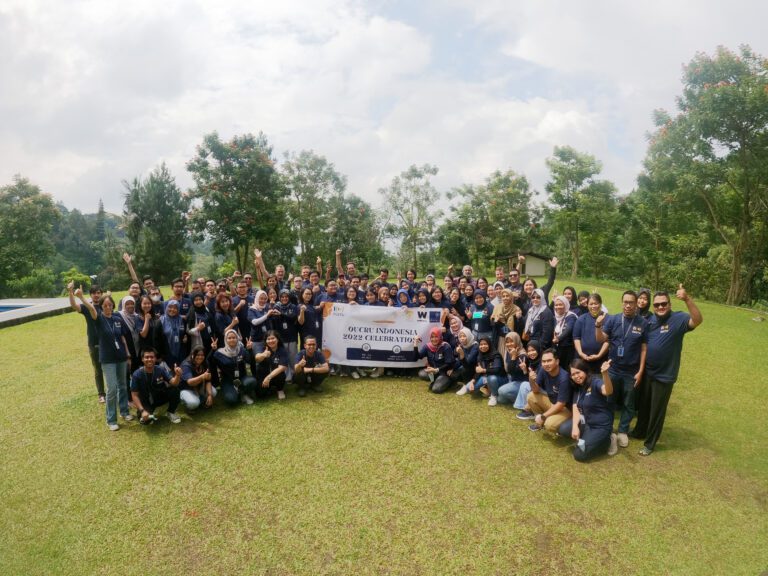Joining OUCRU in December 2021, Andy brought with him a wealth of experience in information technology and a ten-year track record as an emergency responder for natural disasters. His background in crisis management and leadership has been pivotal in steering his team through the demanding pace and pressures of clinical trials.
Make A Difference
The crux of Andy’s leadership philosophy was significantly influenced by his participation in the Make A Difference (MAD) Programme. Unlike other leadership development courses, the MAD Programme offered a personal touch, emphasising self-awareness and the practical application of knowledge in day-to-day challenges. It’s here that Andy honed his ability to turn introspection into action, tapping into his strengths and amending his weaknesses.
“In my previous role in disaster management, I have seen people work like Superman – quick, decisive, and unerring, with no room to show weakness during a crisis. Commanding was the rule. Now, I’ve realised that this leadership style isn’t entirely fit for my current role. Today, it’s about being present, supportive, and having those challenging, necessary discussions with the team.”
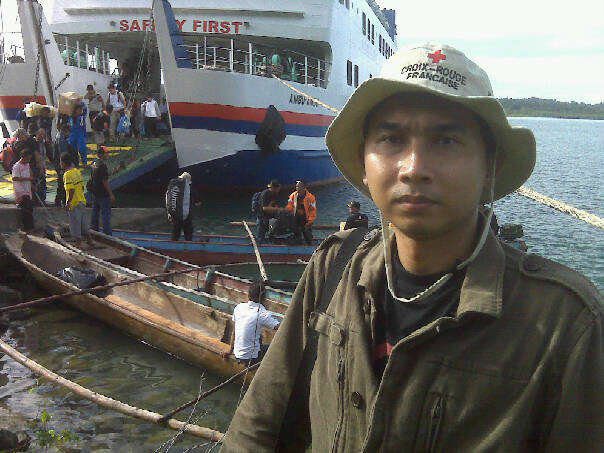
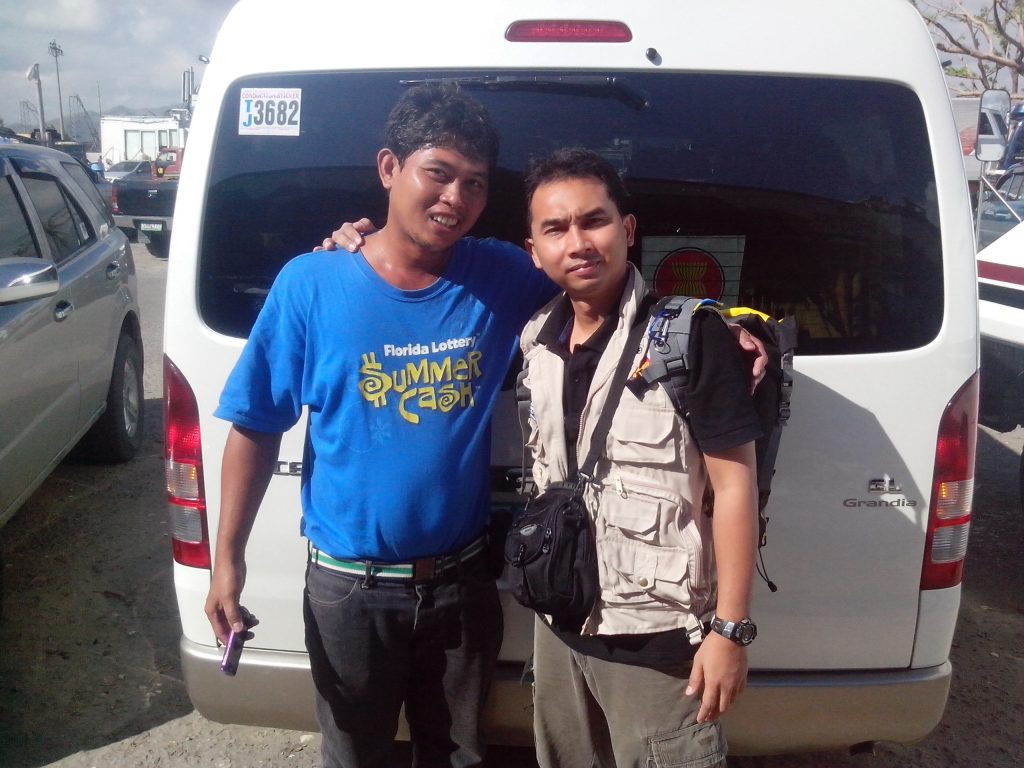
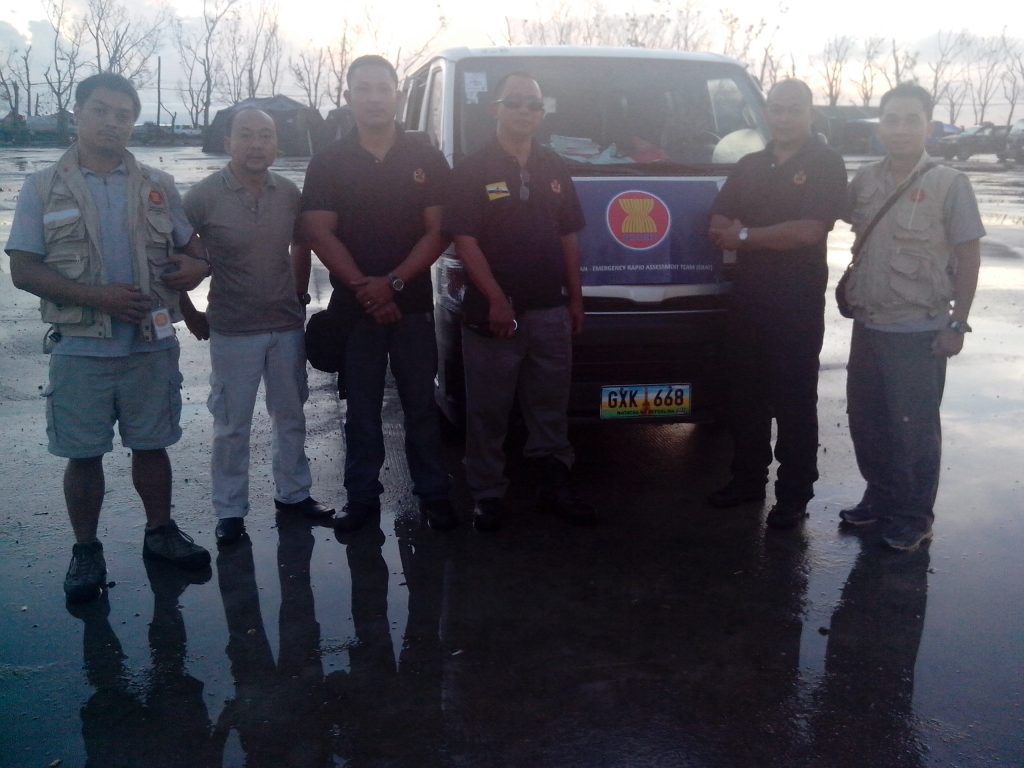
Photos: Andy in his previous role in disaster response
Through the lens of the MAD Programme, Andy recognised the importance of an affiliative leadership style, one that values personal connections over hierarchical positions. He learned to navigate the delicate balance of being a supportive leader while also making tough decisions, such as resolving conflict in his team while staying objective. However, it was this very act of stepping out of his comfort zone that underscored Andy’s commitment to fairness and accountability within his team.
Overcoming Self-Doubt
Andy’s leadership journey has not been without self-doubt. Despite his extensive experience managing and working in disaster response teams, he admits that the MAD Programme challenged his self-perception as an effective leader. The one-on-one coaching sessions with Make A Difference Coach Rob Hale also helped him address a personal challenge that many high-achievers face: the inability to recognise and appreciate their own success.
“I confided in Rob about my relentless self-pressure and failure to acknowledge my achievements, always seeing them as inadequate. Rob advised me to value our successes and not be too hard on myself, to recognise and reward my efforts rather than constantly viewing them negatively. This was a recurring theme in our discussions, as my drive to do more often overshadowed the accomplishments I had already made.”
Spearheading innovations
By embracing vulnerability and showing his own, Andy realised that it did not diminish his authority but rather made him more relatable and accessible to his team. Under his leadership, the small but capable team at OUCRU Indonesia has not only met its targets but has also spearheaded innovative solutions.
A defining success was the creation of an independent database system, which not only complies with local regulations but also empowers OUCRU Indonesia to manage its studies directly, enhancing efficiency and control. Andy’s pride in his team is evident as he reflects on this achievement: “We built this from scratch,” a nod to the team’s ingenuity and hard work.
As Andy continues to lead his team at OUCRU, he carries the insights from the MAD Programme with him. His most memorable lesson—the recognition of his own vulnerabilities—has become a cornerstone of his management style, allowing him to connect with his team on a deeper level and drive them toward shared success.
In a field where Supermen are often valorised, Andy’s willingness to share his vulnerabilities stands out as an example of authentic leadership. It’s a reminder that in the realm of data and crises, the human element remains the most complex, challenging, and ultimately rewarding variable to manage.



